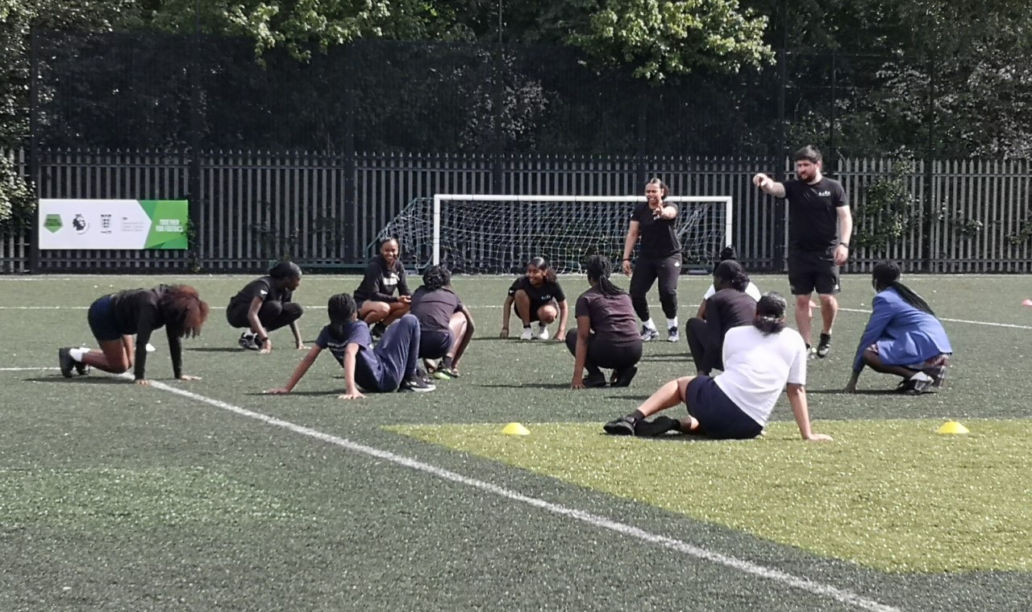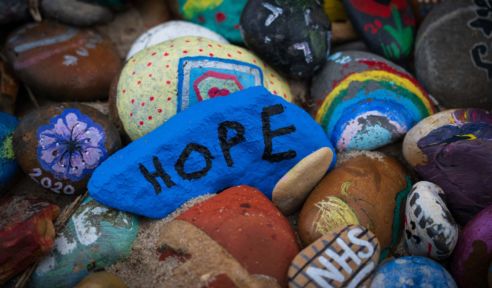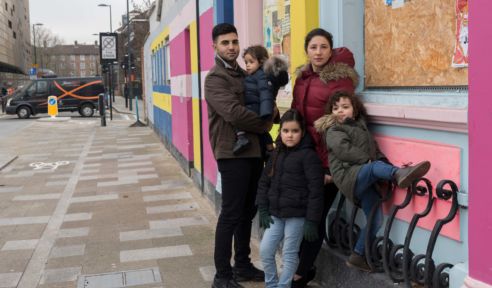PHF has offered core funding, through the Youth Fund and Youth Strategic Investment Fund, for the past five years. The funding approach has been conducive to building strong relationships with funded organisations, which encouraged people to turn quickly to PHF during the first lockdown and have candid conversations about pressures and priorities.
Responding to Covid
Organisations supporting young people demonstrated incredible commitment to reaching young people despite Covid restrictions, increasing collaboration, using creativity to adapt and respond to changing needs and ensuring young people received appropriate information, advice, connections and activities.
Having experienced over ten years of under-investment, the youth sector is practised in stretching resources and managing huge demand.
The pandemic has intensified the challenges of longer-term sustainability, and has highlighted and exacerbated existing issues for young people. Critically, funded organisations have continued to advocate for young people to influence these responses and to have a say in how the sector and wider society recovers and rebuilds.
PHF’s support has helped organisations to do what was needed – whether this was to continue, intensify or pivot their work as circumstances changed.
In numbers
Investing in Young People grants
Act for Change Fund grants
Youth Fund grants
Youth Strategic Investment Fund grants
Value of grants
Total amount awarded
Act for Change Fund
Youth Fund
Youth Strategic Investment Fund
Adapting and learning
During the first lockdown, out of necessity, many organisations rapidly adapted their services to support young people online. In some circumstances there are advantages to these approaches – extending an organisation’s geographic reach or enabling people to contribute in different ways, but there is still work to do on understanding good ‘virtual’ practice. Meeting changing needs post-Covid will be a challenge.
Although planned prior to the pandemic, we launched a Youth Fund Learning Network during this year to help share learning, provide peer support and increase connections between funded organisations. The network has offered action learning sets and communities of practice and we’ve seen keen interest in some topics – particularly mental health and wellbeing of leaders and staff – reflecting their current relevance.
We will continue to provide much needed core funding to organisations supporting young people moving forward but will adapt our offer to include funding to sustain as well as to improve and grow impact, both directly with young people but also at a systemic and structural level. We will look to support collaboration and focus on initiatives that strengthen infrastructure and that enhance youth voice, insight and power. We will work hard to ensure our funding reaches those young people most impacted by inequality and injustice which has been starkly evident over the last year.
Organisations supporting young people demonstrated incredible commitment to reaching young people despite covid restrictions, increasing collaboration, using creativity to adapt and respond to changing needs and ensuring young people received appropriate information, advice, connections and activities.
School of Hard Knocks

School of Hard Knocks offers a combination of sport, group sessions and mentoring to help young people improve their physical and mental wellbeing.
PHF funding supported the integration of a psychology-based behavioural support offer into a schools programme in Wales.
Covid-19 presented a radical change of context which School of Hard Knocks responded to creatively, positively and flexibly: ‘Working out how this could work!’. It also required patience and emotional intelligence in helping both staff and the young people in the programme through the experience.
During lockdowns, delivery shifted to online support – a challenge for an organisation based on rugby activities, used to working around a pitch! Careful consideration was required to take account of the context schools found themselves in, the variety of online platforms in use, safeguarding issues, and the fact that the majority of young people involved were not engaging in online lessons.
Online quizzes and challenges were developed and mentoring support provided. Some young people actively preferred online engagement, or using chat, rather than face-to-face contact.
Relationship building was central to the response – building a rapport with young people online that they ‘wouldn’t necessarily have in school.’ School of Hard Knocks found that their learning was useful to the wider youth sector, facilitated partly by contact through PHF. School of Hard Knocks will continue to respond to the huge impact Covid has had for young people – particularly their mental health and wellbeing and the new issues and topics that have surfaced since March 2020.
It required patience and emotional intelligence in helping staff and young people through the experience.



